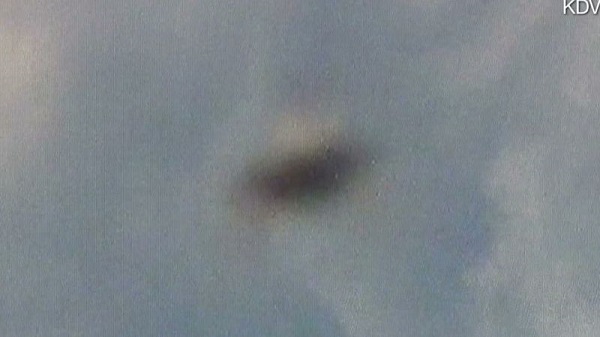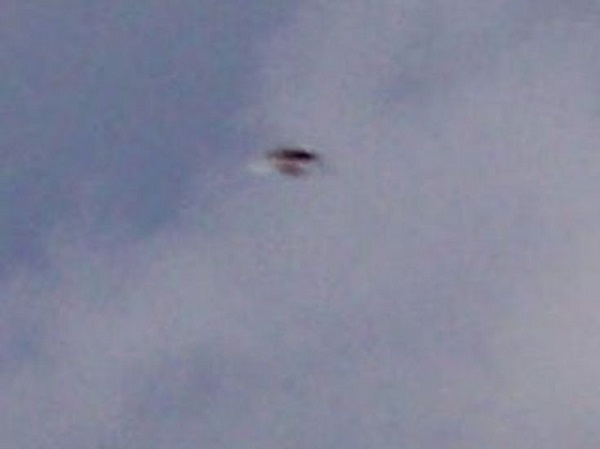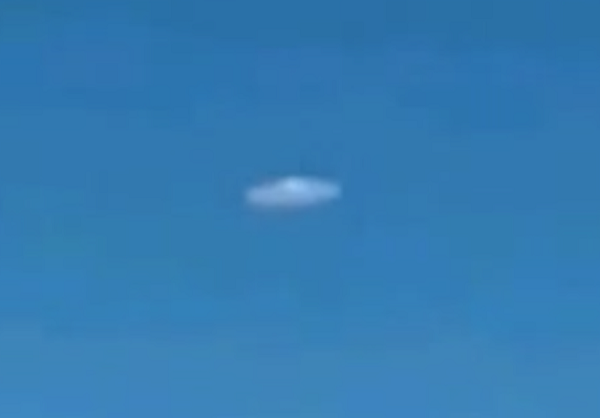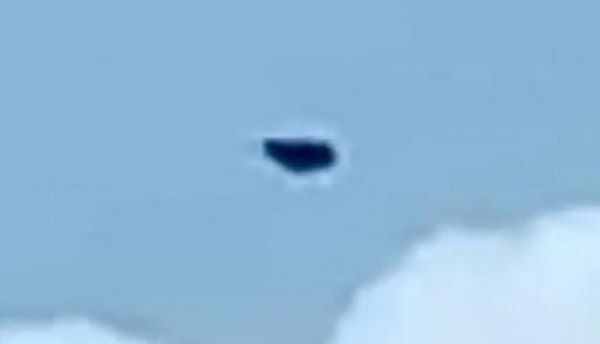Have you ever wondered why, in this age of advanced smartphone cameras capable of capturing stunningly clear photos, images of UFO sightings often turn out blurry and indistinct? It’s a phenomenon that has puzzled enthusiasts and skeptics alike. Could there be a logical explanation for this peculiar occurrence? Some speculate that the UFOs emit waves or energies that disrupt the recording devices. In this blog post, we delve into this mystery to explore the potential reasons behind the blurry nature of UFO photos.
1. The Quick Nature of UFO Sightings
One reason behind the blurred UFO photos could be the fleeting nature of UFO sightings. When people encounter an unidentified flying object, they are often taken by surprise. In the rush of excitement and adrenaline, capturing a clear and steady photo becomes challenging. Smartphones, while advanced, still rely on the user’s ability to steady the device and focus properly. In the haste to capture the moment, the photos turn out blurry.

2. Low Light Conditions and Fast Movements
Many UFO sightings happen during nighttime or in low light conditions. In such scenarios, smartphone cameras struggle to capture clear images. UFOs, often reported to move at incredible speeds and change directions abruptly, pose a further challenge. The combination of low light and fast movements can result in blurry photos, making it difficult to discern any details of the flying object.

3. Atmospheric Disturbances
The Earth’s atmosphere is a complex system filled with various gases, particles, and weather patterns. When a UFO is sighted, it might be surrounded by atmospheric disturbances that affect the quality of the photos taken. These disturbances, such as heatwaves or air turbulence, can create visual distortions in the images, leading to blurriness.

4. Electromagnetic Interference
UFO sightings are often accompanied by reports of electromagnetic interference with electronic devices. Some witnesses claim that their phones, cameras, or other gadgets malfunctioned in the presence of a UFO. If these unidentified objects emit electromagnetic waves or frequencies that interfere with the functioning of recording devices, it could explain the blurry photos taken during these encounters.
5. Psychological and Perceptual Factors
The excitement and fear associated with witnessing an unusual phenomenon like a UFO can influence human perception and cognitive processes. In such heightened states, individuals might perceive the object differently than it appears in reality. This psychological factor, combined with the limitations of human vision and smartphone cameras, could contribute to the blurry and distorted images captured during UFO sightings.

6. Advanced Technology or Deliberate Manipulation
Lastly, there is a possibility that the blurriness of UFO photos is intentional. Some speculate that advanced extraterrestrial civilizations possess technology that can disrupt or manipulate human recording devices, intentionally obscuring their appearance. This theory, although speculative, raises intriguing questions about the capabilities of these hypothetical beings.

The blurry nature of UFO photos can be attributed to a combination of factors, including the quick nature of sightings, low light conditions, atmospheric disturbances, electromagnetic interference, psychological influences, and even advanced extraterrestrial technology. While the mystery persists, it’s essential to approach UFO sightings with a critical and open mind, considering both scientific explanations and the potential for natural phenomena.